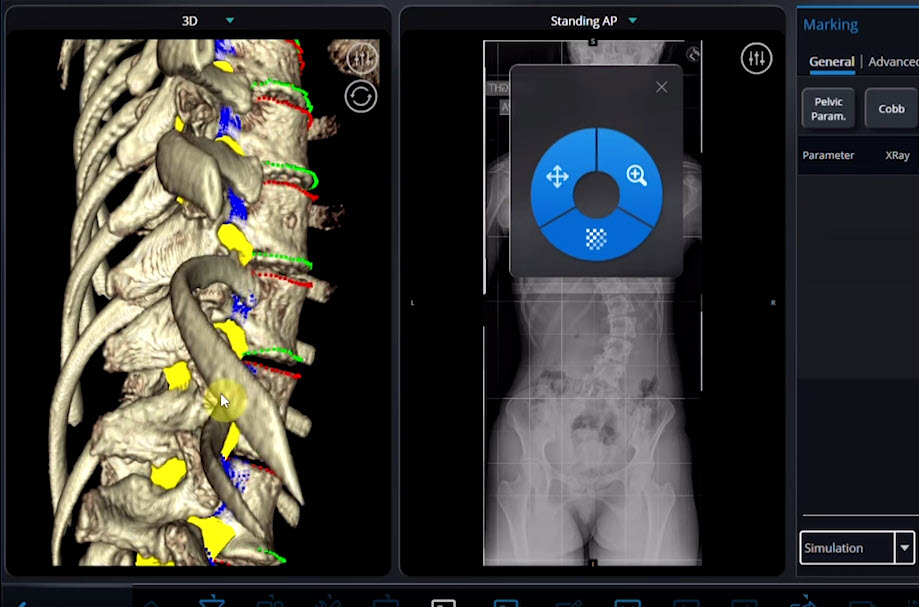No doubt you’ve heard of global positioning system (GPS) that helps you find where you’re going when you travel. Much like GPS, spine surgery can benefit from computer-assisted navigation that provides detailed images and measurements to track anatomy and instruments used during medical procedures. The system continuously displays the patient’s anatomy on a computer monitor in the operating room throughout surgery to assist the surgeon in accurately and safely performing the operation.
Dr. Charla Fischer at NYU Langone in NYC is an advocate for using navigation-assisted techniques for spine surgeries. It is useful in many types of procedures, including screw placement, tumor resection, revision procedures, spinal fusion, discectomy, and spinal decompression. This medical advancement gives the surgeon an increased ability to visualize exactly what is going on in the patient’s body and most accurately guide the instruments during surgery. This is especially helpful during minimally invasive surgeries, which appeal to patients due to improved comfort and quicker recovery, because navigation allows accurate guidance through a small incision. Dr. Charla Fischer is able to make precise movements that don’t damage surrounding tissues, leading to better surgical outcomes for patients.
One of the greatest benefits of navigation-assisted technology is that it provides a real-time reconstruction of the patient’s imaging from tests like CT or MRI scans. Dr. Charla Fischer can see the images along with the patient’s anatomy and be guided to perform the ideal steps during surgery. Being able to see personalized images throughout surgery often translates to better outcomes and more successful procedures for patients.
Some of the most significant benefits of navigation-assisted spine surgery that Dr. Charla Fischer at NYU Langone has found include:
- Increased accuracy
- Less time under anesthesia for patients
- Less radiation exposure during surgery for patients and staff
- Fewer complications
- Increased ability to utilize minimally invasive techniques
- Advanced visualization abilities
- Higher levels of safety and effectiveness
If you are facing spine surgery in your future, speak to Dr. Charla Fischer about the possibilities of using navigation-assisted systems during your procedure. You may be able to benefit from the amazing scientific advancement used in spine surgeries.

